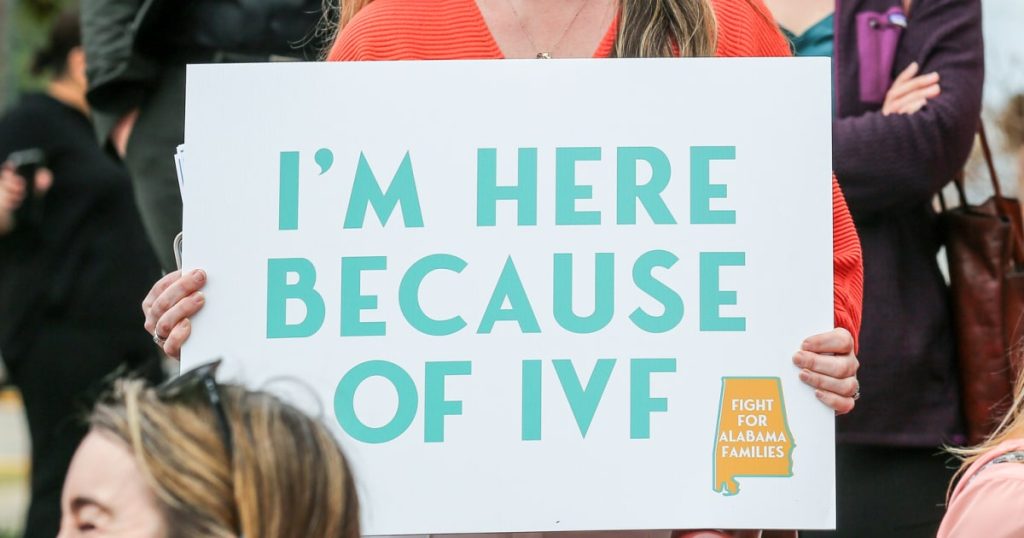Senate Republicans blocked a Democratic-led bill that aimed to establish broad federal protections for in vitro fertilization, leading to a vote of 48-47 with only two Republicans supporting it. The legislation, titled the Right To IVF Act, was introduced by Sens. Patty Murray, Tammy Duckworth, and Cory Booker to ensure access to IVF services, protect providers offering the procedure, and mandate insurance coverage for it. The bill also aimed to prevent states from hindering these rights. This move by Senate Majority Leader Chuck Schumer was seen as a strategic political move ahead of the 2024 elections, as Democrats argue that the elimination of federal abortion rights by the conservative-led Supreme Court puts access to contraception and IVF at risk.
The underlying tension in this debate revolves around the belief among social conservatives that life begins at conception, potentially labelling discarded embryos from the IVF process as murder. Many Republicans, including House Speaker Mike Johnson, have pushed for legislation that would grant fertilized eggs the rights of a person, leading to concerns about the implications for reproductive rights and healthcare. In response to the Democratic bill, Senate Republicans proposed a narrower bill that would withhold Medicaid funding from states banning IVF. However, Democrats have accused Republicans of engaging in false fearmongering to mislead the public, pointing out significant loopholes in the GOP legislation that could allow for restrictions on IVF and the impact of fetal personhood laws on IVF care.
Prior to the vote, Senate Republicans expressed their support for IVF, signing a statement by Sen. Katie Britt that emphasized the importance of nationwide access to IVF in helping aspiring parents build their families. However, Democrats like Murray have criticized the GOP’s actions as contradictory, arguing that the Republican bill does not adequately address the issues at stake and fails to protect IVF rights effectively. Murray highlighted the need for voters to consider the stance of their elected officials on reproductive rights and suggested that the 2024 elections could be crucial in determining the future of these protections.
The clash over reproductive rights in the United States has intensified, with the debate around IVF highlighting deep divisions between Democrats and Republicans on issues related to conception, personhood, and access to reproductive healthcare. The introduction of the Right To IVF Act and the subsequent Republican response underscore the ongoing battle to protect the rights of individuals seeking fertility treatments and to ensure that providers can offer these services without restrictions. As the political landscape continues to evolve, the outcome of future elections may play a critical role in shaping the policy decisions and protections related to reproductive rights and healthcare in the country.


